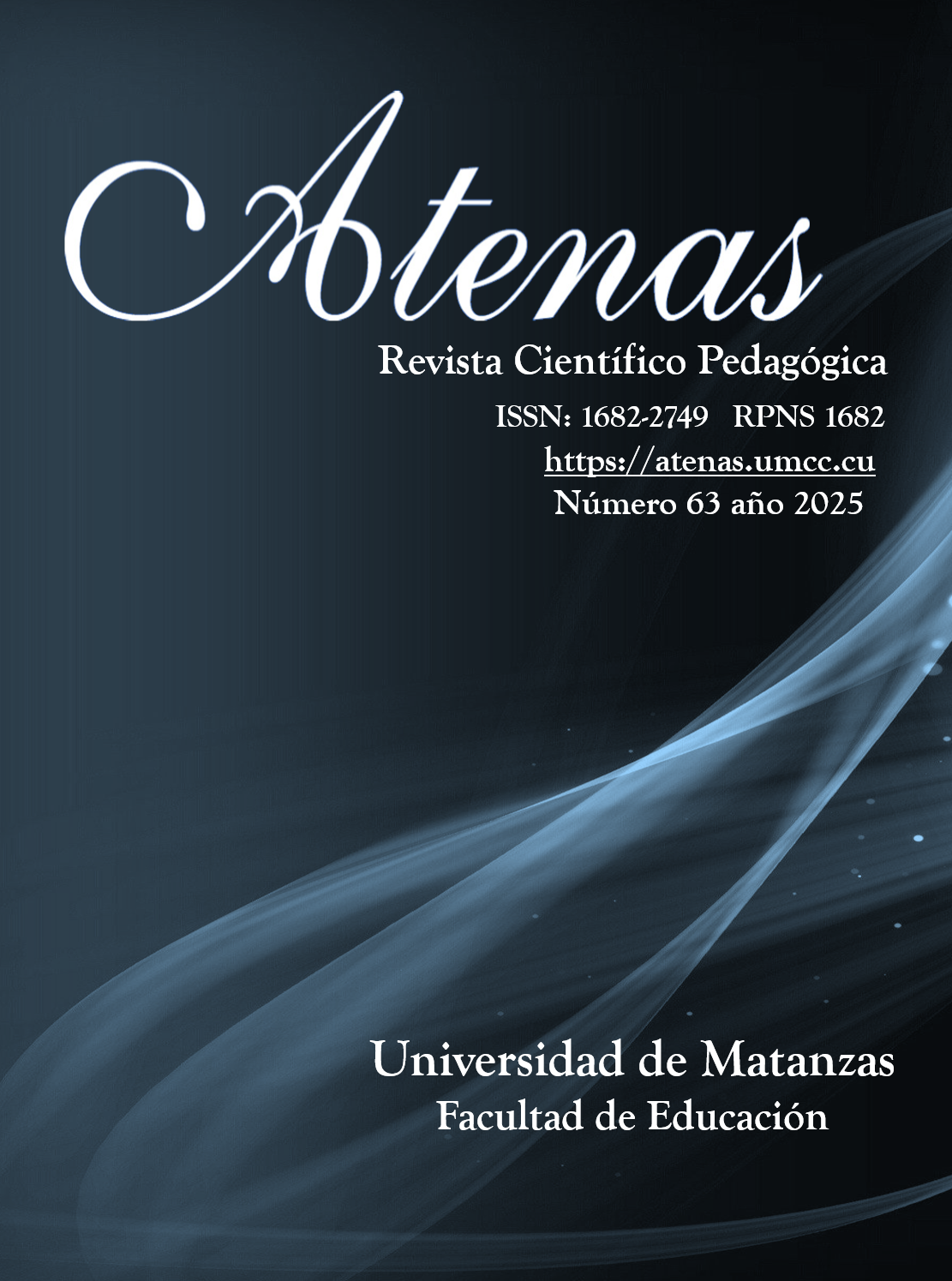The role of socio-emotionality in teaching and learning in Chilean higher education
Keywords:
Interculturality, Socio-emotionality, Historical educational paradigms, Higher educationAbstract
Higher education faces growing challenges in a globalized world, where cultural diversity and the emotional demands of students require a rethinking of traditional pedagogical practices. This study aims to analyze how the convergence of these dimensions helps to overcome structural inequalities and prepares students for the challenges of a globalized society. An argumentative approach is employed, based on a review of scientific literature and relevant international experiences, such as programs in Canada, Spain, and the EXPLORA model in Chile. The results show that interculturality, by promoting dialogue between cultures and valuing diversity, and socio-emotionality, focused on developing emotional and social competencies, contribute to educational equity and pedagogical innovation. However, challenges persist, such as the lack of public policies, institutional resistance, and the need to decolonize curricula. It is concluded that the integration of both dimensions is essential to build a fairer, more inclusive, and sustainable educational system. Pilot studies are recommended in Chilean universities to evaluate the effectiveness of these strategies and their impact on student well-being and educational equity.
Downloads
Published
How to Cite
Issue
Section
License

This work is licensed under a Creative Commons Attribution-NonCommercial-NoDerivatives 4.0 International License.




